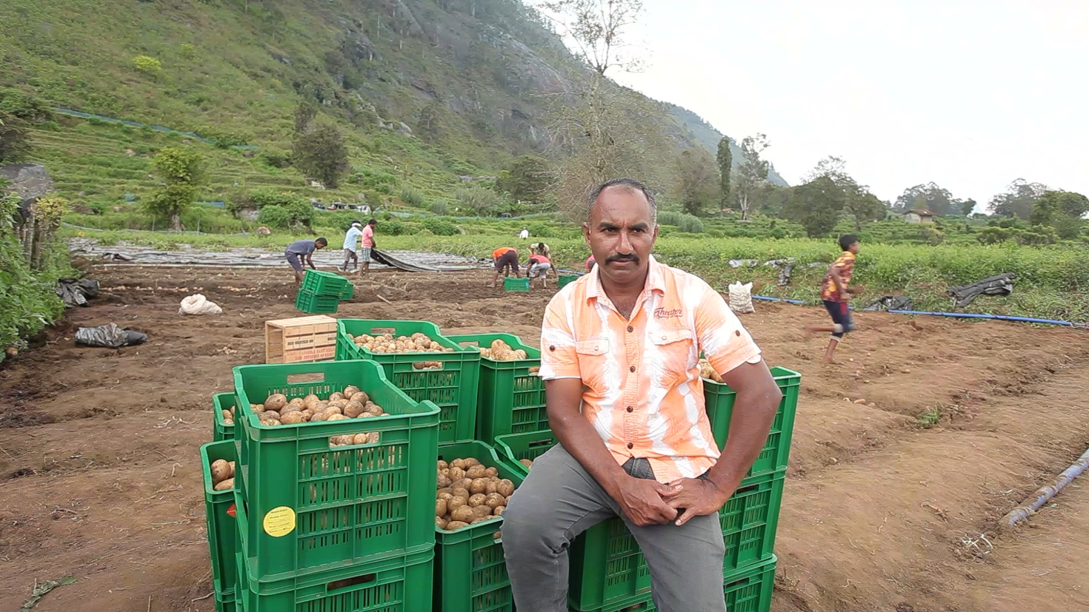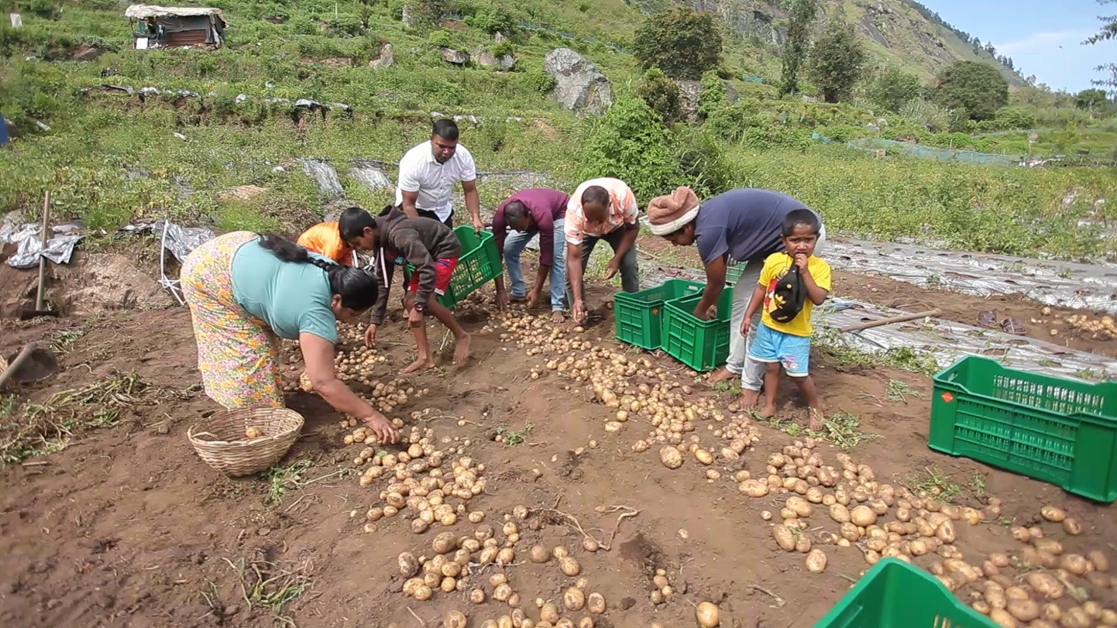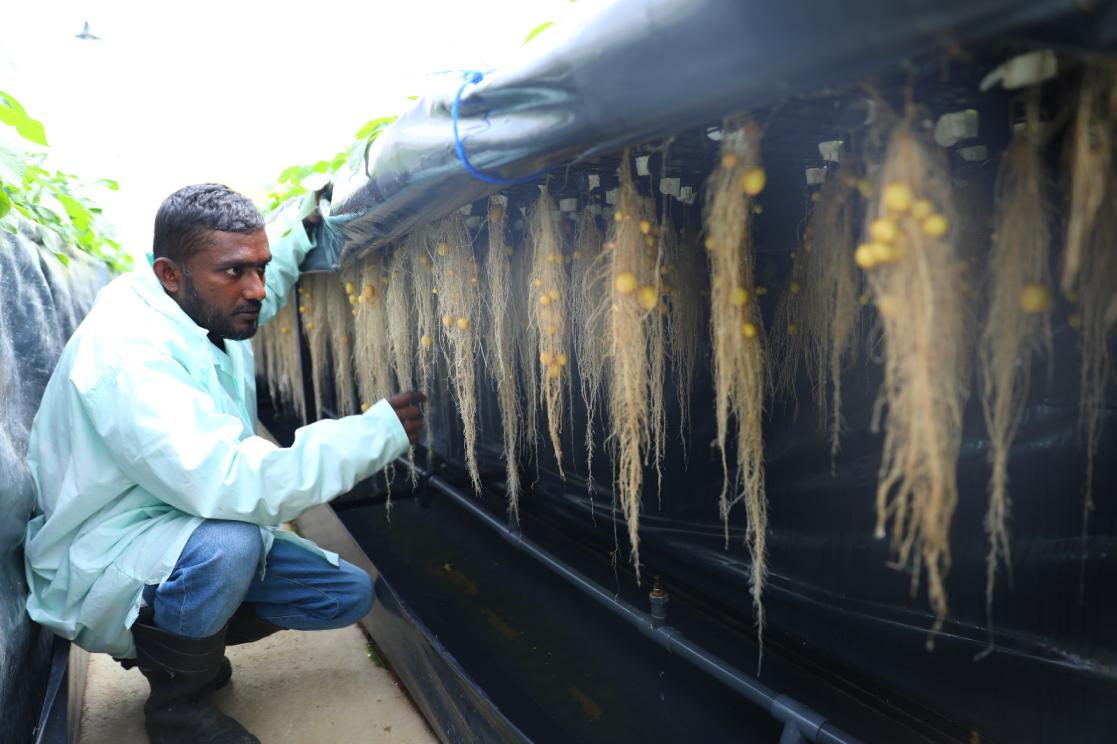Supporting Sri Lanka's seed potato demand: An ASMP success story

This initiative, under the Ministry of Agriculture, focuses on enhancing productivity in Sri Lanka's Northern, North Central, Uva, Central, and Eastern provinces. A significant achievement is the creation of Reap Agro Solution, a public unlisted company that introduced the “Public Unlisted Companies ("PUC)" concept to Sri Lanka's agriculture sector. The project also established a cold storage facility in Boralanda to preserve high-quality seed potatoes for future planting. Thanks to the project's efforts, our dedicated farmers are working diligently to meet the country's seed potato demand, which currently stands at approximately 2,000–2,500 metric tons and is imported to Sri Lanka. In the future, their contributions will help eliminate the need for seed potato imports, ensuring self-sufficiency for the nation.

EU Del
Key partnerships with the Seetha Eliya Agriculture Research Centre and other institutions have been vital in achieving these goals. The project introduced modern farming techniques, such as poly mulch with drip irrigation, and invested over SLRs 150 million to enhance seed potato production facilities at the Government Seed Farm in Seetha Eliya.
The project has also invested over SLRs 100 million in improving infrastructure, benefiting not only farmers but also future generations in the region. Approximately 400 farmers in the Wakkadahinna and surrounding areas have cultivated seed potatoes on 300 acres. In addition, they also grow carrots, leeks, and beans during the off-season, ensuring a stable year-round income. The project provided high-quality seed potatoes at significantly lower costs, enabling farmers and the PUC to generate profits.

EU Del
By providing modern technology, training, and crucial support, the project has empowered them to become successful entrepreneurs, reducing the country's dependence on imported seeds and improving the quality of life in their communities. The success of this initiative is a testament to the power of international collaboration.





